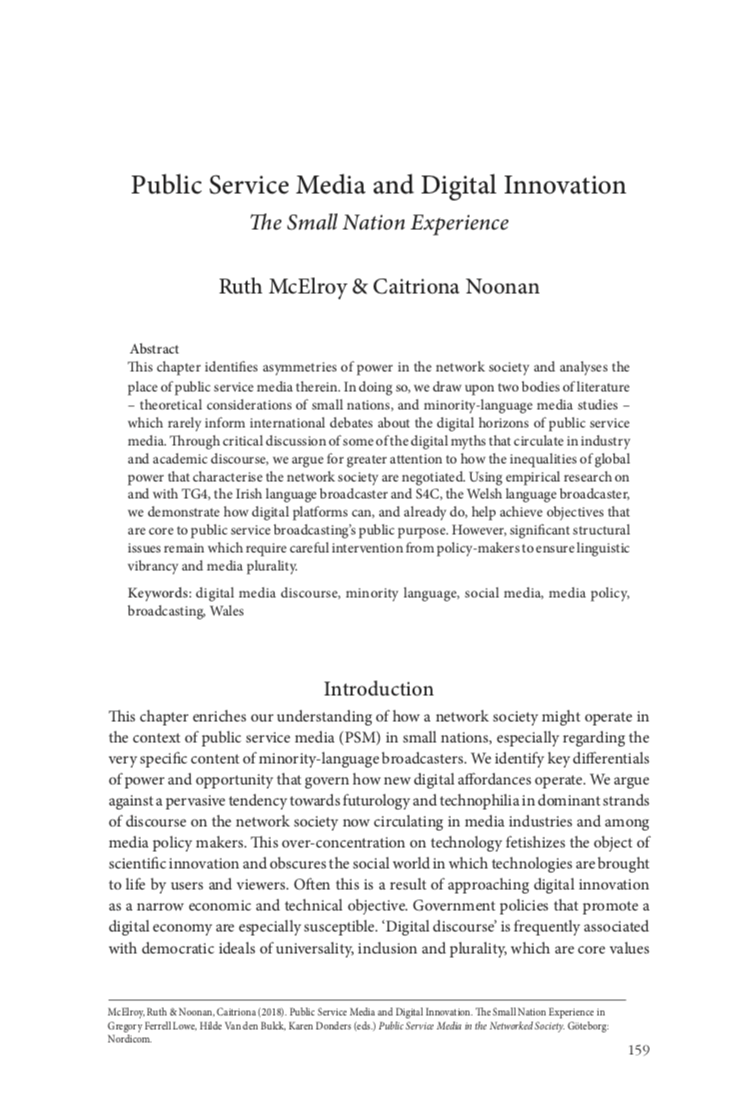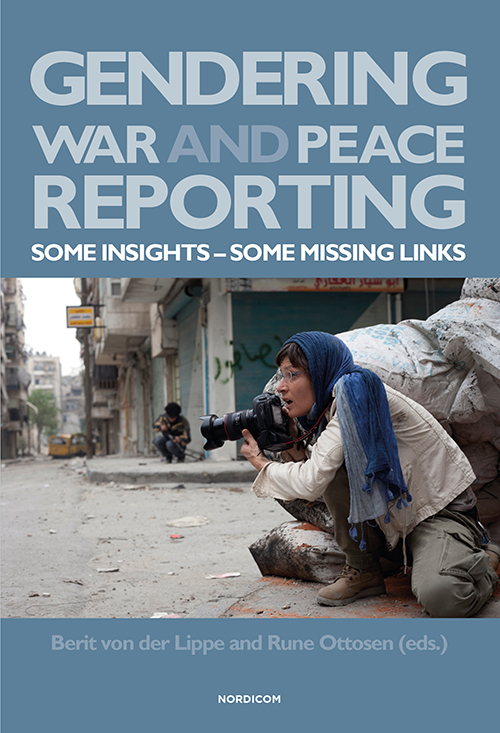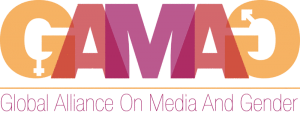Integrating Ethnic Content into Public Service Broadcasting
REPORT
Integrating Ethnic Content into Public Service Broadcasting
Centre for Law and Democracy
2023
When working towards a democracy, it is important that ethnic content can be integrated into public service broadcasting (PSB). This Note looks at how this can be achieved. In democracies, the overall regulatory system for broadcasting has tools and mechanisms to help aid and encourage broadcasting material and content that is a rough representation of the population. Broadcasters also take measures to ensure they serve the needs and interests of all members in society. This Note looks at ways to promote ethnic voices in PSB.
Mutual Aid and the “Messy Middle”: pushing public radio toward antiracism
REPORT
Mutual Aid and the “Messy Middle”
Pushing public radio toward antiracism
The Tow Center for Digital Journalism at Columbia’s Graduate School of Journalism | Andrea Wenzel
Published: 2021
Across the U.S., a number of public media stations have been undertaking initiatives with the aim of making their newsrooms and their journalism more inclusive of Black, Indigenous, and people of color and other marginalized communities. These initiatives have taken a variety of forms, including tracking the diversity of their sources; diversity, equity, and inclusion (DEI) workshops and trainings; and community engagement initiatives.
[Text sourced from the Tow Center]
Online violence Against Women Journalists: A Global Snapshot of Incidence and Impacts
REPORT
Online violence Against Women Journalists
A Global Snapshot of Incidence and Impacts
United Nations Educational, Scientific, Cultural Organization | Julie Posetti, Nermine Aboulez, Kalina Bontcheva, Jackie Harrison, and Silvio Waisbord
Published: 2020
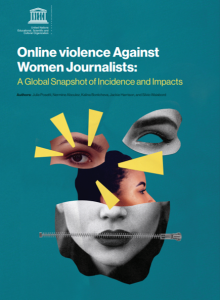
This report presents a snapshot of the first substantial findings from a global survey about online violence against women journalists conducted by UNESCO and the International Center for Journalists (ICFJ) in late 2020. Over 900 validated participants from 125 countries completed the survey in Arabic, English, French, Portuguese and Spanish. The findings shared here reflect the input of the 714 respondents identifying as women.
[Text sourced from UNESCO/ICFJ]
Gender Equality and Diversity Implications of COVID-19 Crisis for Public Service Media
REPORT
Gender Equality and Diversity Implications of COVID-19 Crisis for Public Service Media
European Broadcasting Union
What have been the gender and diversity implications of COVID-19 for media?
“36 professionals from 24 EBU Member organisations gathered on 6 April for a virtual roundtable to discuss 5 signposted issues and share their strategies in addressing them during these unprecedented times…” – EBU
Public Service Media & Digital Innovation: The Small Nation Experience
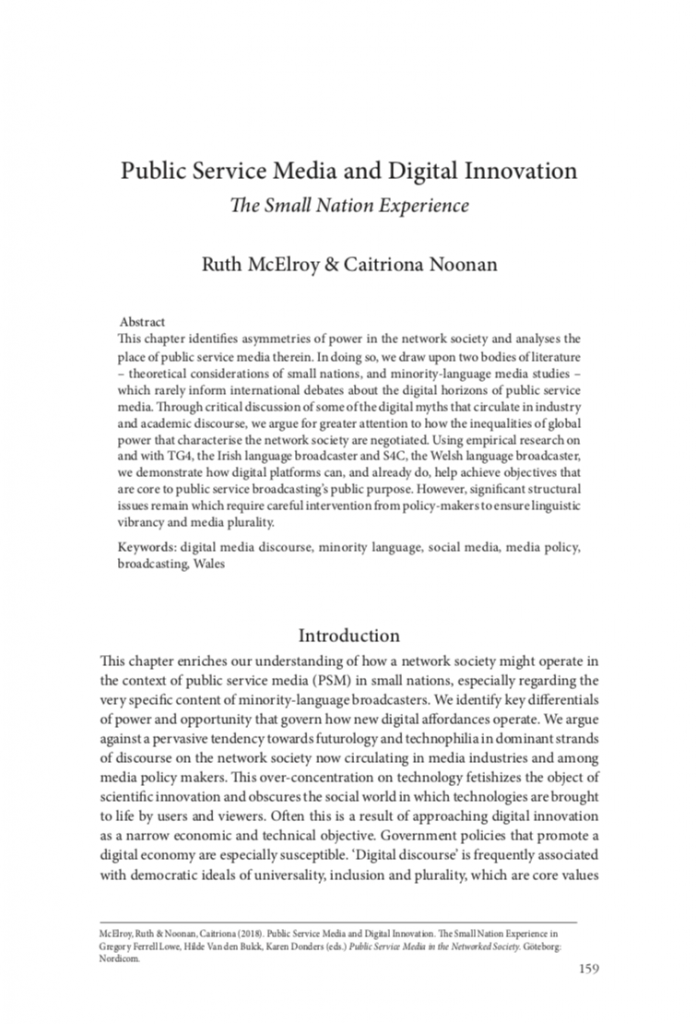
JOURNAL
Public Service Media & Digital Innovation: The Small Nation Experience
Ruth McElroy & Caitriona Noonan
This chapter from Nordicom’s 2018 publication Public Service Media in the Networked Society, emphasises the role of public media in providing minority language services in small nation states.
This excellent paper explores the way Irish Language Broadcaster,TG4, and Welsh language broadcaster, S4C, use digital platforms to achieve objectives that are core to their public service mandate, while negotiating the “asymmetry of power in the network society”. They note that significant structural issues remain, which require the intervention of policy-makers to ensure “linguistic vibrancy and media plurality”.
Gendering War & Peace Reporting
REPORT – BOOK
“Some Insights – Some Missing Links”
This book offers analytic approaches to how traditional war journalism is gendered. Through different case studies, the book reveals how the framing of different femininities and masculinities affects the reporting and our understanding of war and conflicts.
This fascinating and essential publication was edited by Berit von der Lippe and Rune Ottosen and contains 15 contributions from experts in the field. Key themes throughout the publication include: gendering professional agencies, women and lack of agency, postcolonial perspectives and masculinities, heroes and victims.
Published by Nordicom in December 2016.
Ensuring public service news provision in the era of networked communications
JOURNAL
Gregory Ferrell Lowe and Alan G. Stavitsky
International Communication Gazette
University of Tampere, Finland and University of Nevada, Reno, USA, Sage Publications
(2016)
Overview
The article analyses the economic viability of news production in the two main categories of media organisations, legacy media and digital native media, with a focus on USA and Europe. Their findings encourage the development of a more comprehensive news media system that follows innovation, advocates diversity and enhance quality. The article includes proposals for media policy, partnerships, education and professionalism.
Women and Media Industries in Europe
JOURNAL
Helsinki University
Nordicom Information 37 (2) 2015
Overview
Tarja Sovelainen offers an introductory overview of research into the progress made by the European Council in relation to the objectives set by the Fourth World Conference on Women in Beijing, 1994. This paper particularly focuses on the role of women in the media, their representation, the use of balance and stereotypes, and the access of women to expression and decision-making in and through media outlets.
Media and Gender
REPORT
A scholarly agenda for the Global Alliance on Media and Gender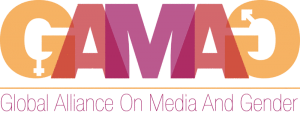
This extensive report is a significant scholarly contributions to knowledge and action towards expanding women’s participation in all communication platforms.
According to the authors this volume “proposes a pragmatic research agenda for the Global Alliance on Media and Gender (GAMAG), looking back, building on the past and looking to the future.”
For access to the full open source publication, click here
